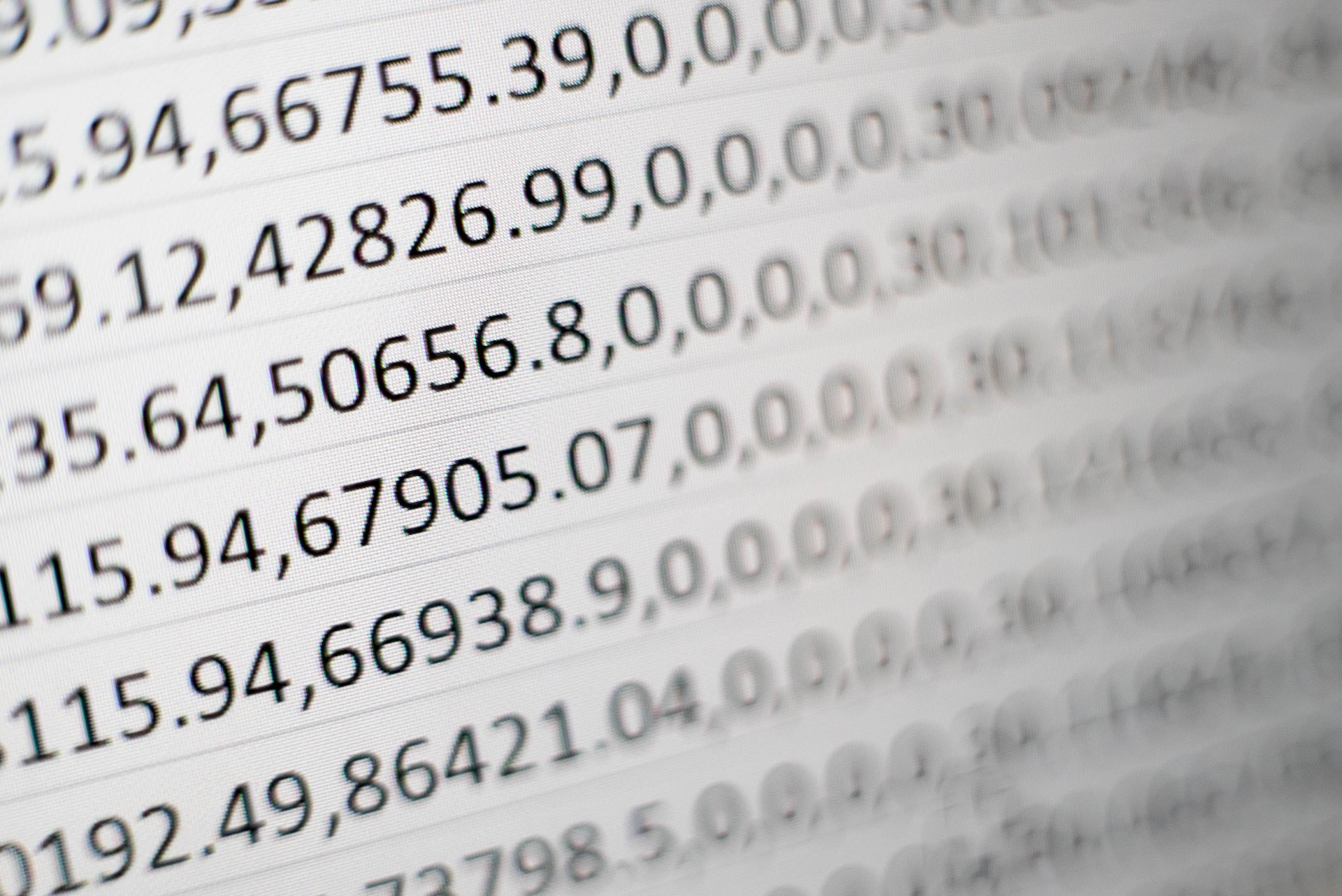You’ve probably heard about the miners, the giant mining farms that are built next to power plants. What do they do? They waste 10 minutes burning electricity, “shaking” blocks until they become “beautiful” and can be included in the blockchain (we talked about what “beautiful” blocks are and why to “shake” them in the previous post). This is to ensure that rewriting the financial history takes as much time as writing it (assuming you have the same total power).
It uses as much electricity as a city consumes for 100,000 residents. But add to that the expensive equipment, which is only suitable for mining. The principle of mining (aka proof-of-work) is identical to the notion of burning the resources of humanity.
Blockchain optimists like to say that miners don’t just do useless work, but ensure the stability and security of the Bitcoin network. This is true, except that the problem is that miners protect Bitcoin from other miners.
If there were a thousand times fewer miners and a thousand times less electricity burned, Bitcoin would function just as well – the same block every 10 minutes, the same number of transactions, the same speed.
When it comes to blockchain solutions, there is a risk of a “51% attack. The point of the attack is that if someone controls more than half of all the mining power, he can secretly write an alternative financial story, in which he did not give his money to anyone. And then show everyone his version – and it becomes reality. In this way he has the opportunity to spend his money several times. Traditional payment systems are not subject to such an attack.
It turns out that Bitcoin has become a hostage of its own ideology. “Superfluous” miners cannot stop mining, because then the probability of one person controlling more than half of the remaining power would increase dramatically. As long as it is profitable to mine, the network is stable, but if the situation changes (for example, because electricity prices go up), the network may face massive “double spending.





